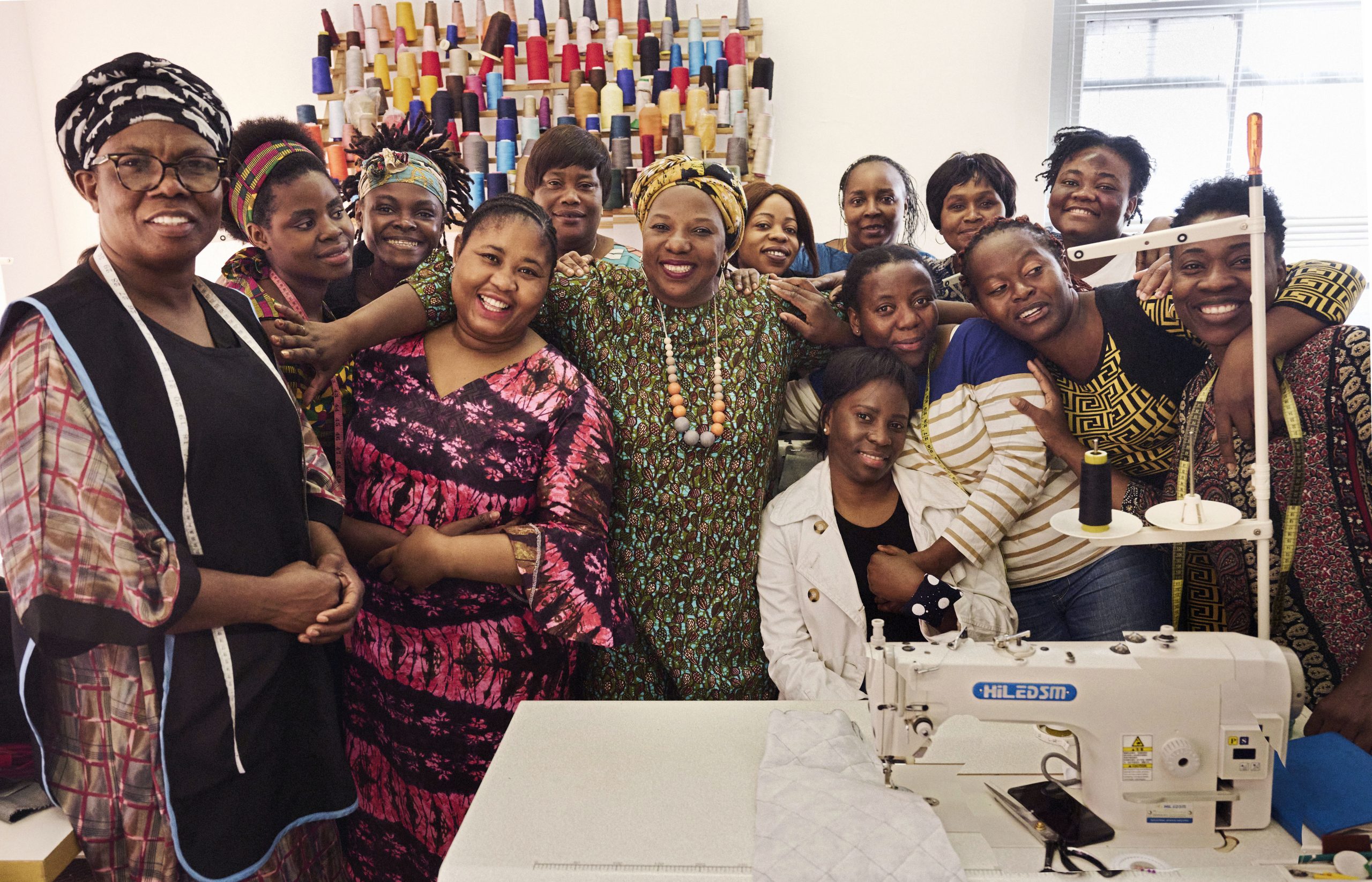Menstruation is political. Yet in many spaces where period justice is discussed, the focus remains on pads and product distribution. This narrow lens misses the bigger picture. Period justice is about dignity, autonomy, health, safety, and equity; and it’s deeply systemic. It intersects with race, gender, class, displacement, and geography. But those most affected by menstrual injustice, especially women and girls, are excluded from the decisions that shape policy and funding. This isn’t just a gap in representation; it is a failure on the system.
This distance between those shaping the response and those living the reality has real consequences. While some can take menstrual health and safety for granted, many girls and women, especially in displacement contexts, face daily challenges that threaten their health, dignity, and ability to participate in school, work, or community life. Choosing between food and pads, missing school due to inadequate toilets, or managing pain and shame in silence is not rare. It is routine.
Take East Africa, for example. Across refugee camps and host communities, period justice is not just about personal access, it’s about broken systems. It’s about how humanitarian responses treat menstrual health as an afterthought in programming. Period justice should be about the basic access to period products as well as the absence of toilets with privacy, the scarcity of soap and water, the persistence of harmful stigma, and the fear and humiliation that come with being a menstruating refugee woman.
Over 70% of displaced women and girls in some regions lack consistent access to menstrual materials or safe sanitation facilities. A report cited that 1 in 3 girls in East African refugee settings have missed school during their period week due to stigma, pain, or the lack of adequate products. In many cases, girls are using mattress stuffing, dirty rags, or even leaves, leading to preventable infections, shame, and long-term trauma.
This is not a result of cultural ignorance or personal failure. It is the result of an underfunded, male-dominated, top-down system that deprioritises the basic needs of displaced women and girls.
Even in the absence of formal support, solutions are being cultivated, often by those closest to the most marginalised. Women-led refugee-led organisations (RLOs) are stepping in where formal systems fall short. I’ve seen the work of RLOs like The Away Foundation, who are not only distributing pads but challenging harmful narratives and pushing for policy change. Wake Alpha Elimu Foundation, who work tirelessly on community-led initiatives that ensure that girls not only stay in school, but women have a safe space to navigate issues around family planning and menstrual health.
Women-led RLO initiatives such as these still remain drastically underfunded. Very little global humanitarian funding goes directly to women-led organisations. This reflects not just a resourcing gap, but a systemic gap. These women leaders bring lived experience, cultural fluency, and embedded trust. But they are often seen as lacking capacity compared to their male counterparts. But it’s not their capacity that’s the problem, it’s the sector’s. The humanitarian system often fails to meet these women where they are, refusing to adapt their own structures to recognise their realities. A system serious about justice would acknowledge the intersectional barriers these RLO leaders face and build approaches around their strengths, not around the status quo.
Menstrual Hygiene Day should not just be about awareness. Awareness is not enough. We need structural change and that starts with how we design and fund humanitarian responses. It means embedding menstrual health into the core of programming, not treating it as a secondary concern. It means directly resourcing women-led organisations and meeting them where they are, in terms of their capacity, context, and priorities. The sector must adapt to support them, not expect them to reshape themselves to fit rigid funding frameworks or external agendas.
Menstrual health is political and it is a systemic issue. Until it is treated as a core part of how we design, fund, and deliver humanitarian responses, period justice will remain out of reach for many.

Leave a Reply